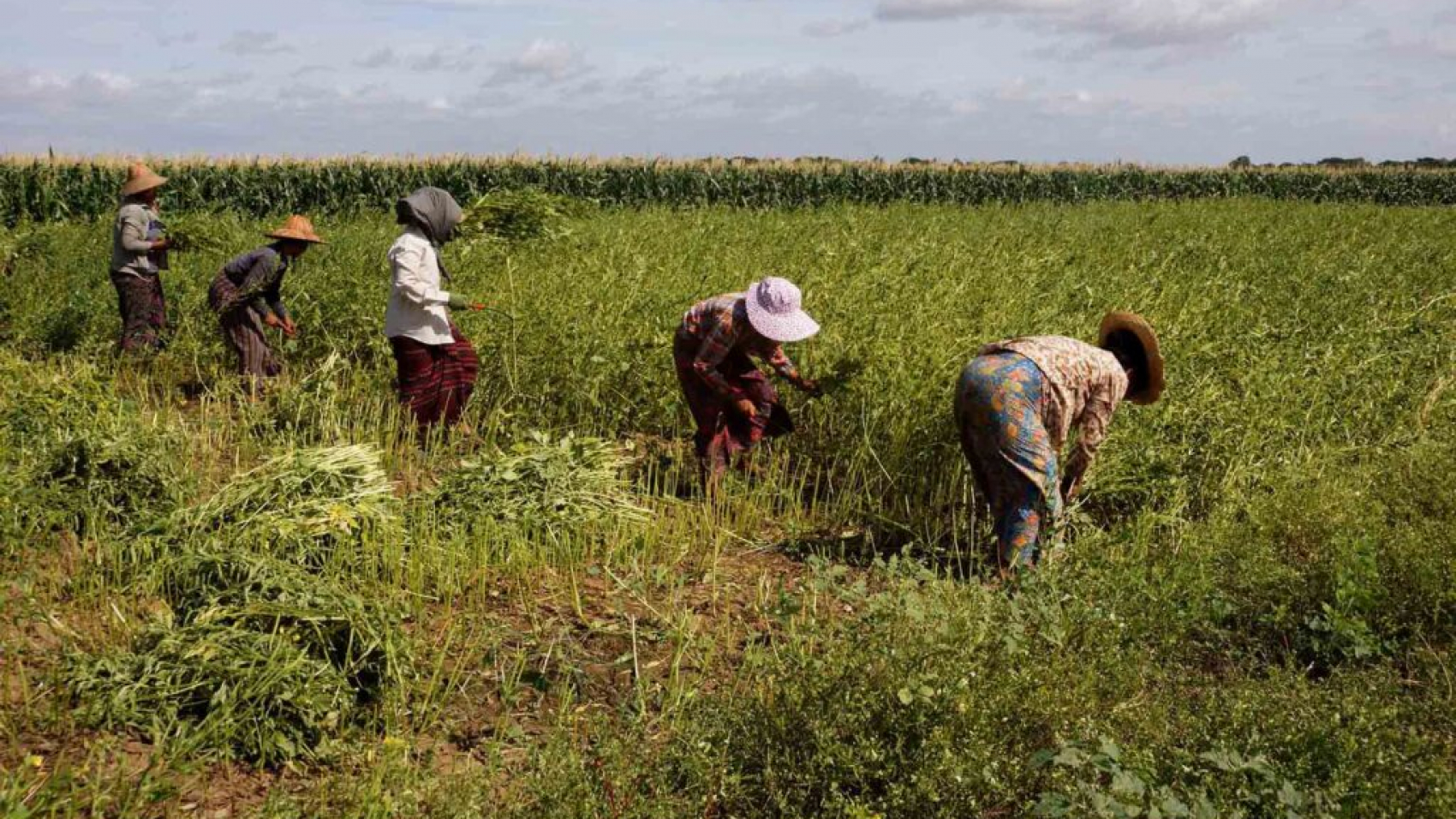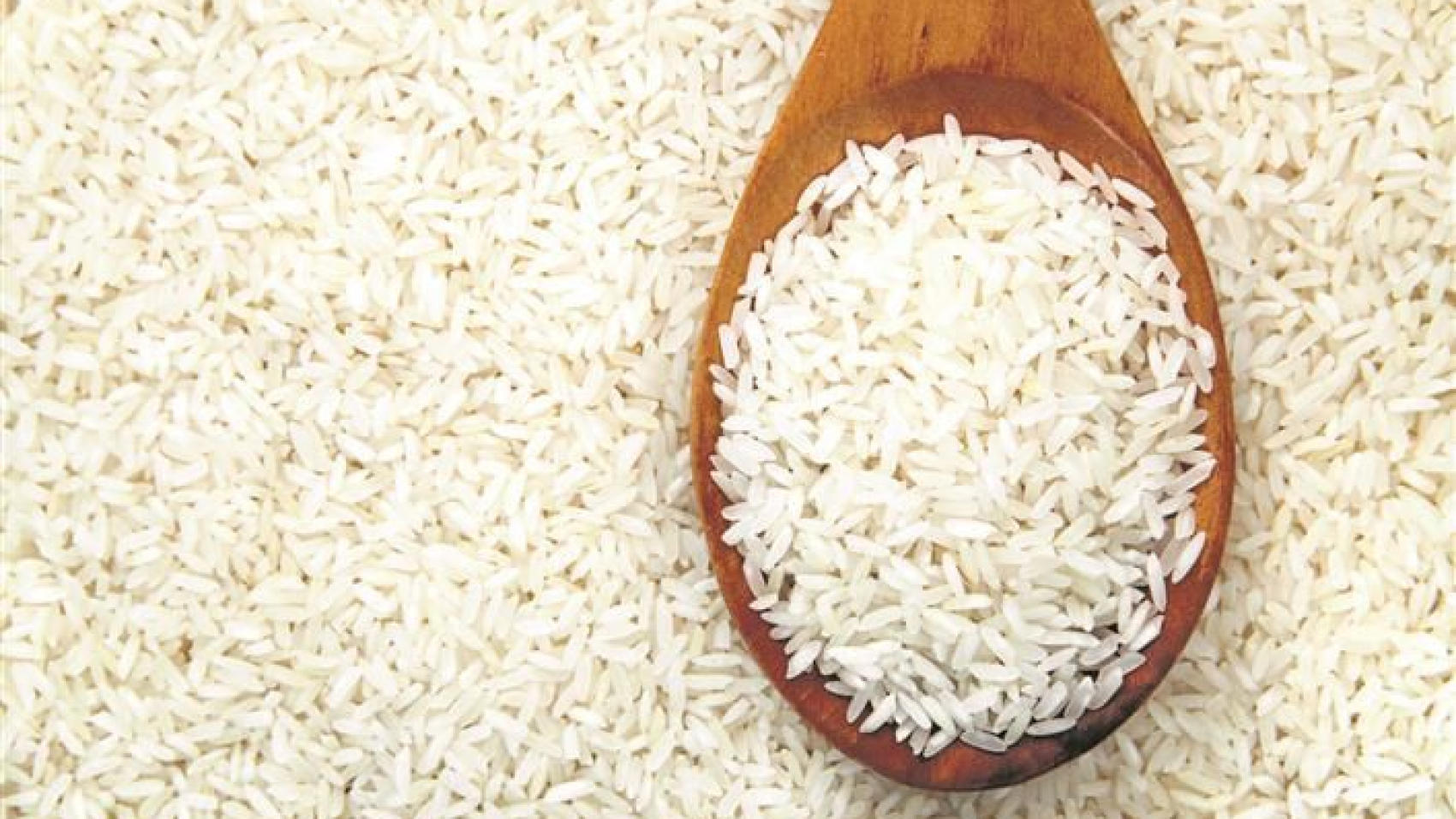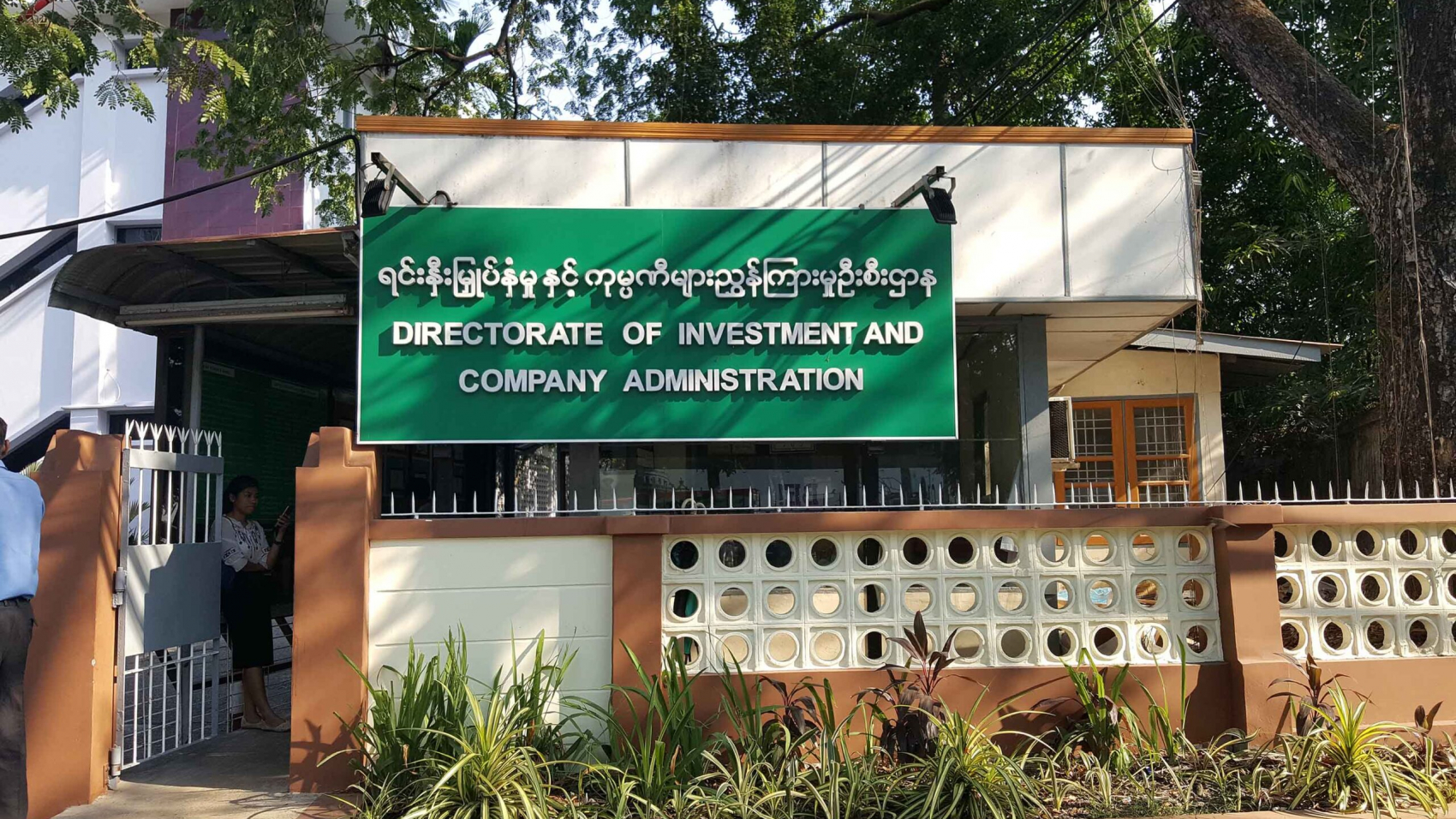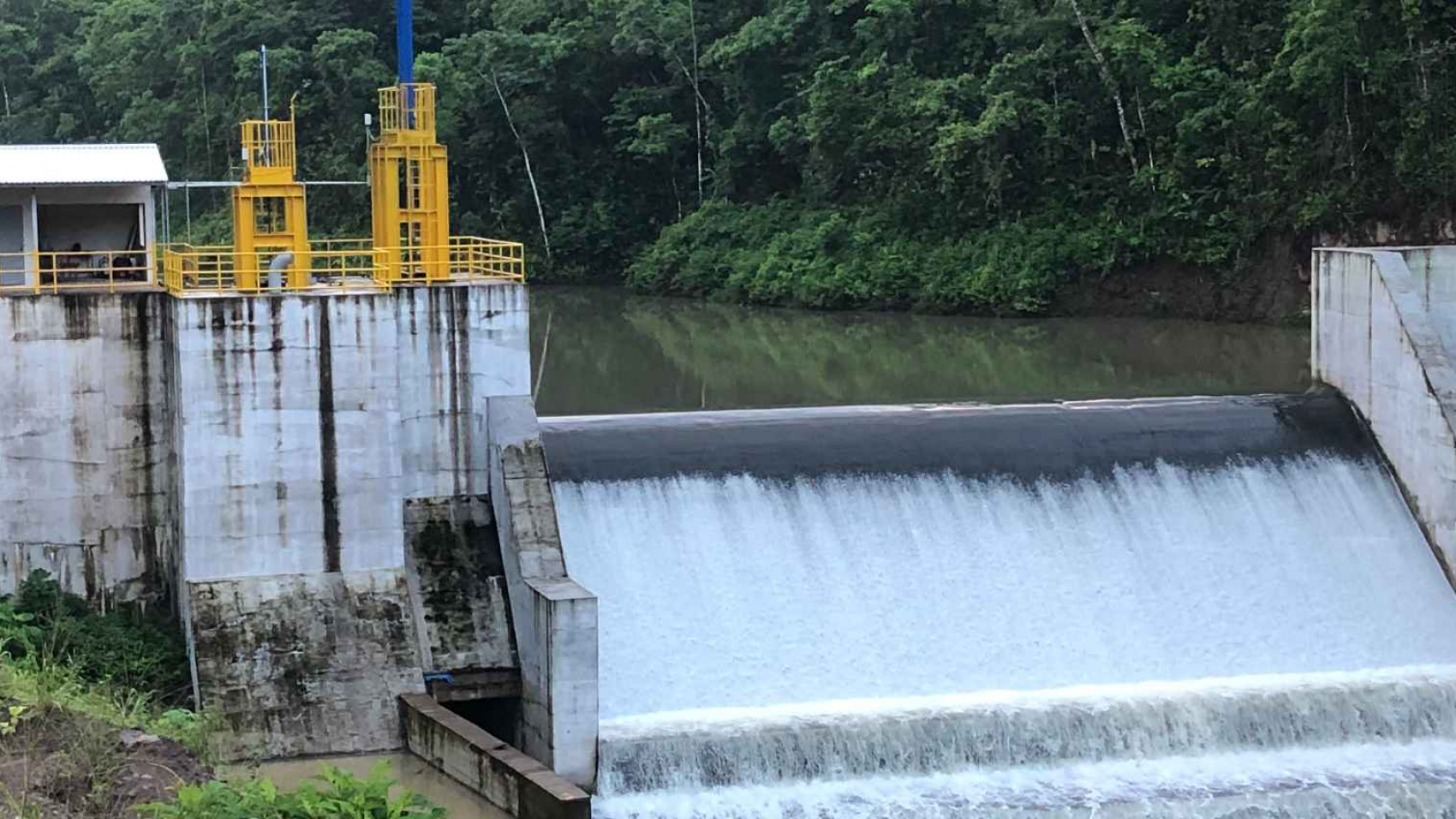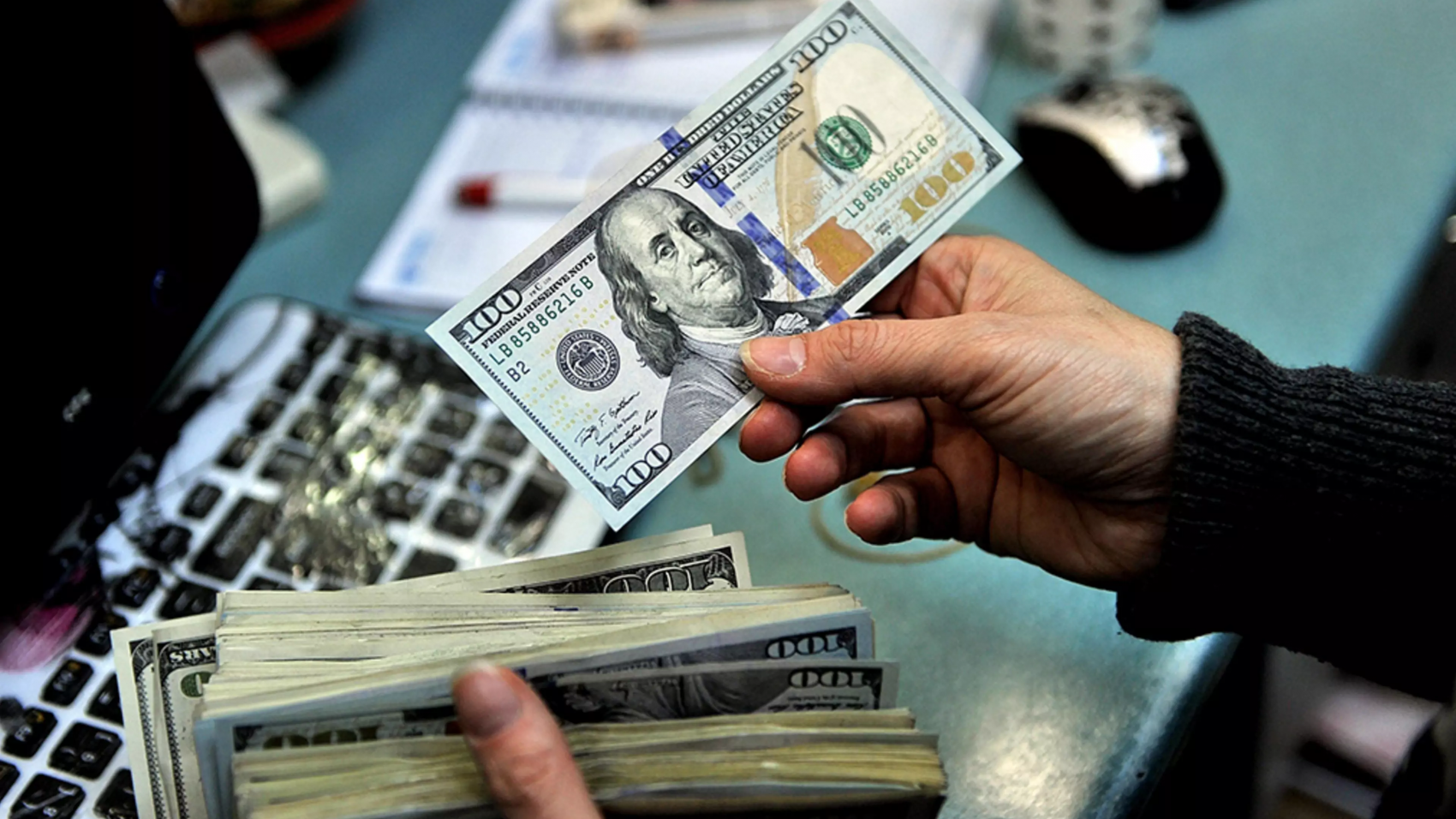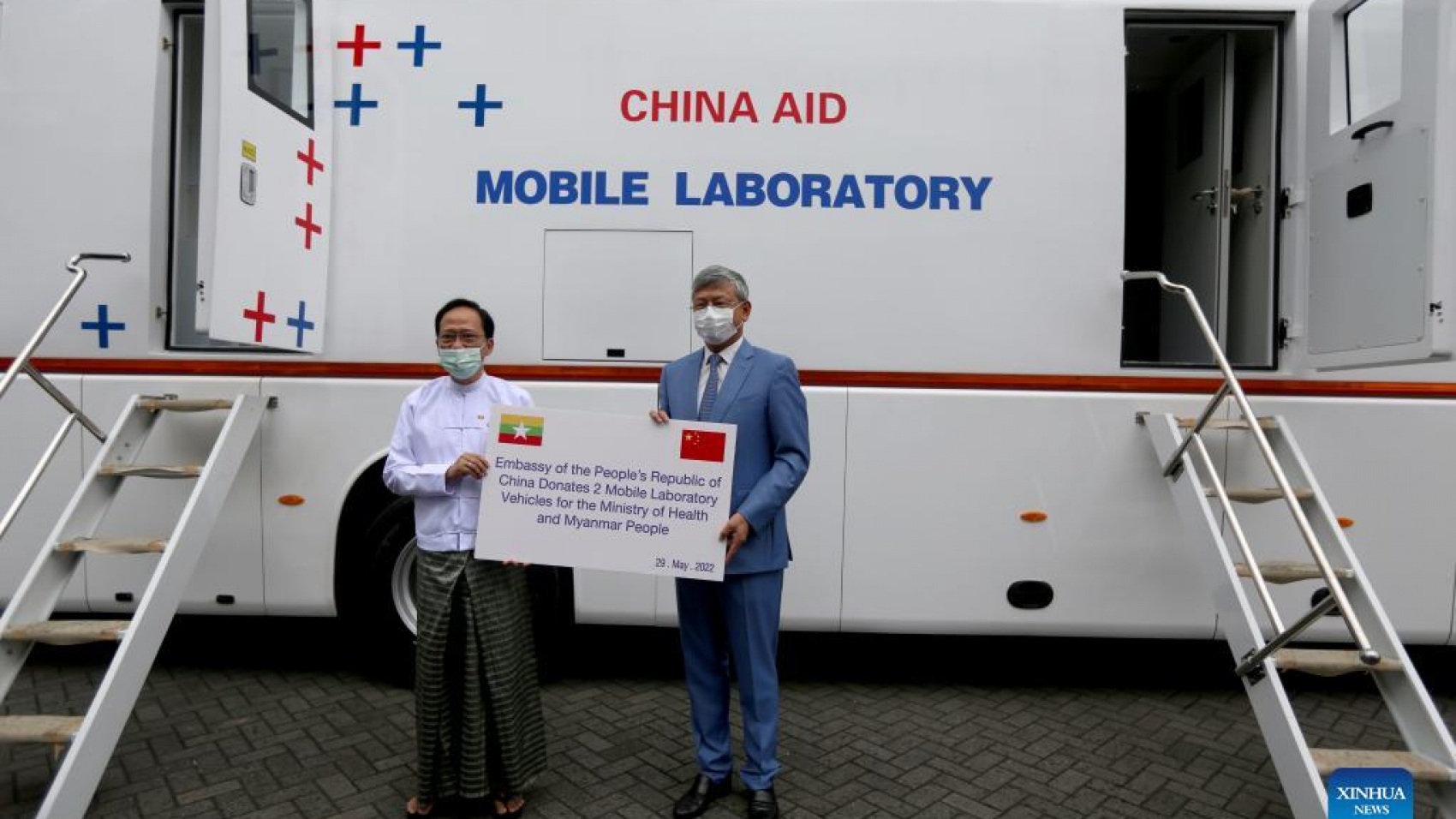MoI Union Minister U Maung Maung Ohn gives the speech at the opening ceremony of the training.
AMBASSADOR of the People’s Republic of China to Myanmar Chen Hai presented two million doses of
COVID-19 vaccines, which were donated to Myanmar, to Deputy Prime Minister and Minister for Foreign Affairs and International Cooperation of Cambodia, Special Envoy of the ASEAN Chair Mr Prak Sokhonn on 30 June at his residence. The ambassador made the remarks in an interview regarding the donation of the COVID-19 vaccine to Myanmar as follows: – Through efforts of the government and individuals from various fields, Myanmar’s COVID-19 disease prevention and control efforts have been successful and the COVID-19 disease prevention situation has been controlled domestically.
Myanmar is a neighbouring country and China has provided effective assistance to prevent and control the disease. China has provided more than 50 million COVID-19 vaccines to Myanmar, and two million more vaccines were successfully presented to the ASEAN Special Envoy to Myanmar. Last winter, the situation of COVID-19 cases became severe in Myanmar, and China provided Myanmar with relief supplies to China’s border areas and border crossings, as well as Oxygen cylinders and fluids, were helped to reach Myanmar as soon as possible. Not only the Chinese government but also Myanmar-based Chinese companies have donated to monasteries and charities during their project implementations. The Chinese government has sent medical experts to help prevent and control COVID-19 in Myanmar.
China and Myanmar are connected by mountains, and it is a mutually supportive community. China is proud of Myanmar’s success in COVID-19 disease prevention and control measures. China will continue to cooperate in disease prevention and control measures, taking the need for friends of Myanmar into account while there is little transparency in the global COVID-19 pandemic. The two countries are also stepping up cooperation in the prevention and control of the virus, and one of the important activities is the Sino-Myanmar joint venture between China and Myanmar to produce Chinese Sinopharm COVID-19 vaccines in Myanmar. It is seen that the vaccines produced in Myanmar are effective. In the ‘Myancopharm’ vaccine, Myan is Myanmar and co refers to COVID, and pharm is Sinopharm, which indicates the deepening of Sino-Myanmar cooperation.
The Chinese Embassy will co-operate in the joint production of the COVID-19 vaccine from start to finish, and the Ministry of Industry and the Ministry of Health are proud to see the results of the two countries’ cooperation in medicine. Experts in China are reviewing the Myanmar vaccine to improve the quality of the vaccine, which is still being vaccinated and is guaranteeing public health. We have also raised the standard of the pharmaceutical industry in Myanmar and would like to discuss other industrial cooperation issues from the joint venture with Myanmar friends. Through this, the living standards of the people will be improved and there will be benefits for economic rehabilitation. COVID-19 is a global catastrophe and is affecting both countries. Under the leadership of the Communist Party of China, China has adhered to the COVID-19 policy and is working to prevent and control the disease, ensuring China’s economic stability and development.
China is confident that it will successfully achieve the economic development goals set out in the beginning. China will work with Myanmar to prevent and control the disease and will do its utmost to help Myanmar’s economic recovery. We, the diplomats, live in Myanmar and share the common feelings of the people affected by COVID-19 disease. The disease cannot stop the bilateral cooperation, and China has been continuously cooperating in various fields by reviewing the needs of Myanmar people’s living and economic difficulties. As agriculture is a major factor in the country’s development, China is the largest importer of agricultural products and fishery products from Myanmar, and efforts are being made to facilitate cross-border trade in the control of COVID-19 disease in the border areas of the two countries. Due to insufficient power generation in Myanmar, we will continue to pay attention to cooperation in the electric power sector.
China wishes for the better development of its neighbour and strives for further cooperation between the two countries. The donated COVID-19 vaccine will be available in all parts of the country where needed, and one of China’s hopes is that all aid will be available to all Myanmar people. COVID-19 vaccines have also been provided in border areas of Myanmar bordering China’s Yunnan province, and efforts have been made to increase disease control. Now that Myanmar has been able to control the COVID-19 virus, it is one of the 10 least affected countries in ASEAN, according to a government release. We need to be aware of the risk of recurrence of the disease if we come in contact with the international community, and we will continue to cooperate in disease prevention activities while maintaining the control outcome. He said China would play a constructive role in the interests of the people of Myanmar and wished Myanmar peace.
Source: The Global New Light of Myanmar

